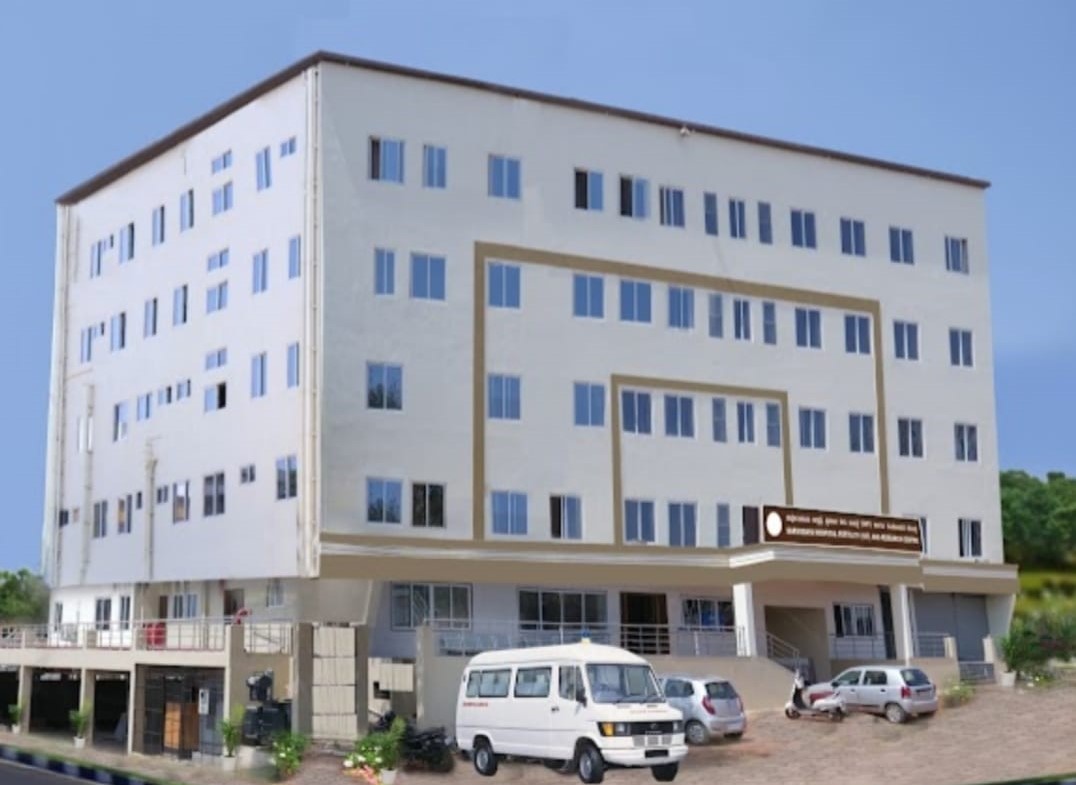
AMNIOCENTESIS
Amniocentesis is a diagnostic methodology carried out during pregnancy to assess the well-being and progress of the fetus. Conducted usually between the 15th and 20th weeks of pregnancy, it involves the insertion of a thin needle through the abdominal wall and the uterus to withdraw a small quantity of amniotic fluid surrounding the fetus. This fluid contains fetal cells that can be analyzed for such genetic disorders as Down's syndrome or cystic fibrosis, among many others. On the other hand, amniocentesis may provide some extremely important information to the future parents and substantially help in making a decision. That is to say, it generally is safe, but it does entail minor risks of complications, including miscarriage, on which one must consult a healthcare provider.
